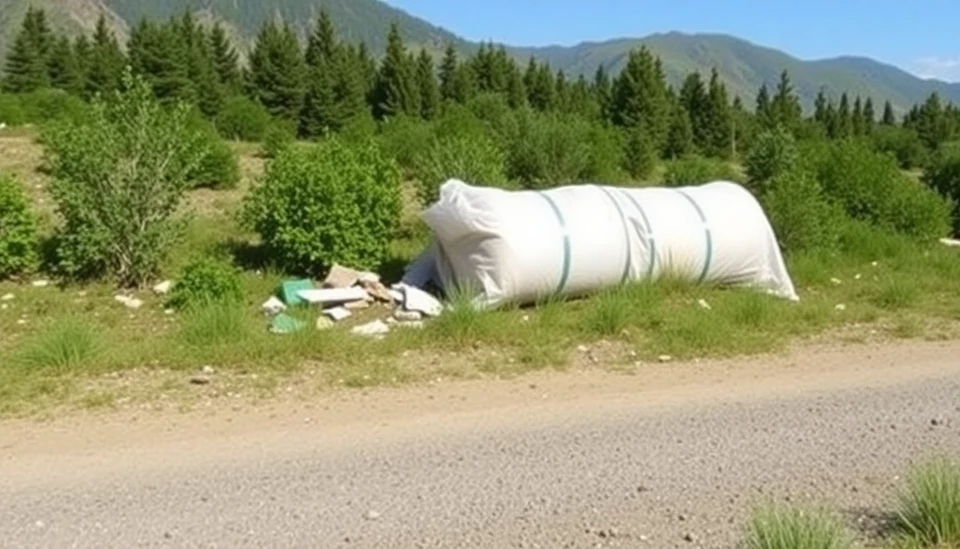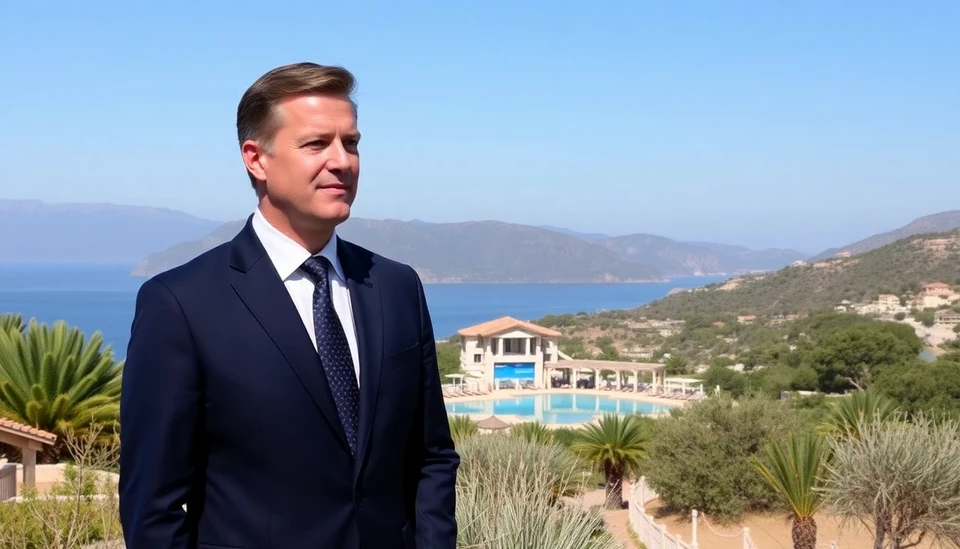
In a significant development that has spurred global attention, prosecutors in Albania have confiscated a large shipment of toxic waste that had sparked widespread outrage across various nations. This decision comes in response to alarming concerns about the shipment's potential environmental impact and direct threats to public health.
The shipment, discovered at the port of Durrës, contained hazardous materials purportedly destined for disposal in the Albanian countryside. Local authorities and environmental activists voiced urgent warnings about the dangers posed by the toxic substances, which included various industrial chemicals that could severely pollute air and water resources if improperly managed.
This case gained traction internationally, igniting discussions about the responsibilities of nations in handling hazardous waste and the extent of environmental regulations. Various non-governmental organizations (NGOs) and environmental groups rallied for immediate action, arguing that Albania should not become a dumping ground for toxic materials from foreign countries.
Following the outcry, Albania's government initiated a thorough investigation into the origins of the shipment. Reports indicate that the waste was allegedly exported from a country that has faced scrutiny for lax environmental standards, raising further questions about the international waste trade and regulatory oversight.
Prime Minister Edi Rama has since emphasized Albania's commitment to strengthening environmental laws and regulations to prevent such incidents in the future. "We will not allow our beautiful country to be used as a trash bin for others," Rama declared, underscoring the administration's determination to protect natural resources and public health.
The incident has also reignited debate over the European Union's (EU) waste management policies. Critics argue that the EU must take a stronger stance against illegal waste exports to non-EU countries, ensuring that member states comply with stringent environmental regulations. Proponents of reform suggest that stricter penalties for violating waste export laws could deter future incidents of illegal dumping.
As the investigation continues, advocates for environmental justice remain vigilant. They are calling for greater transparency in how waste is handled globally and emphasizing the need for comprehensive international agreements to ensure that countries do not exploit weaker regulations in less developed nations.
The successful seizure of the toxic waste shipment marks a decisive moment for Albania, demonstrating both the nation's resolve to protect its environment and the importance of international cooperation in addressing global ecological crises. Activists are hopeful that this incident will serve as a precedent for stricter enforcement of environmental laws and greater accountability within the international waste trade.
As the situation unfolds, many eyes will be on how Albania navigates this complex challenge and what steps are taken moving forward to ensure that the safety of both the environment and public health remains the top priority.
#Albania #ToxicWaste #EnvironmentalJustice #GlobalOutcry #Sustainability #PublicHealth #WasteManagement #EcoAwareness #EURegulations
Author: Victoria Adams
